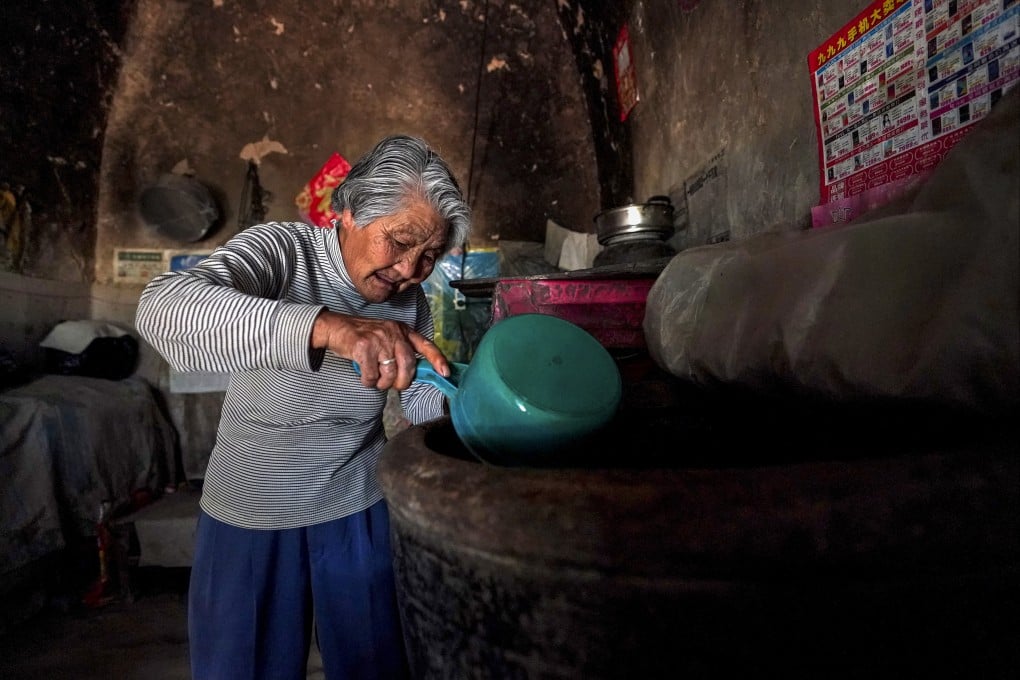Opinion | In China’s rapidly ageing society, elderly rural residents must not be left to fend for themselves
- China’s ageing problem is particularly acute in rural areas, where elderly residents often have no children around to care for them and pensions are too low to live on
- Reforms that would put rural pensions on par with those enjoyed by city dwellers are sorely needed, but remain a distant prospect

Old Granny Huang, well into her 70s, hated her empty house, which she described as a “tomb”. Perched halfway up a hill, it once housed seven; now only she and her bedridden husband live there. One daughter got married and moved to another village and her other four children migrated to the city.
The hunchbacked woman liked to park herself by her front door, eager for a chat with the occasional passers-by. I had met her a few years ago when I stayed in Jidao, a village in southwest China’s Guizhou province, for a project. I often chatted with her and was moved by her lonely life.
The Double Ninth Festival, which was declared the senior citizens’ festival in 2012, will occur on October 4 this year. I am not sure if Granny Huang will celebrate. The festival she really looks forward to is the Miao New Year in November, which brings her children back home from Dongguan. Apart from treats, each child brings a small bundle of cash for their parents.
I doubt the senior citizens’ festival will bring much joy to the rural elderly. A report by the Chinese Academy of Social Sciences highlights the severity of the ageing problem in rural China. Not only do those aged 60 and above make up more than 20 per cent of the rural population, but the proportion aged 65 and above has reached 16.57 per cent, exceeding the “ageing society” level and only 3.43 percentage points away from a “super-ageing society”.
The report also raises concerns about human capital in rural China, pointing out that the overall education level is low. It doesn’t mention the inadequate medical care rural residents receive.
